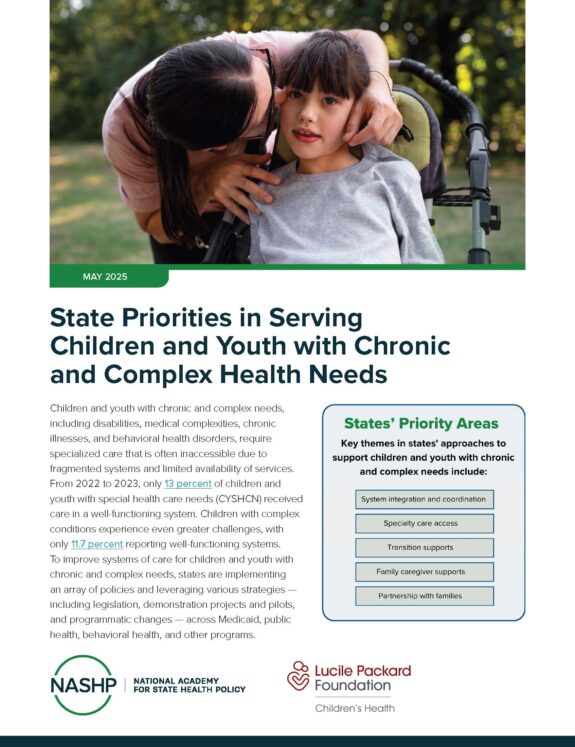Celebrating 20 Years Serving the Chinese American Special Needs Community
See the Chinese version of this article, published in News for Chinese.
In the early ’90s, Anna and Albert Wang were feeling desperate. Their 3-year-old son, Lawrence, the second of their three kids, had been diagnosed with autism, but the Chinese immigrant couple had no idea how to access services for him. “Albert was a doctor, but we still didn’t know what to do,” says Anna.
The Wangs, who are based in Fremont, CA, eventually found a therapist who specialized in Applied Behavior Analysis (ABA), a widely used treatment program for autism. Since the therapist was based in Los Angeles, they flew him to the Bay Area every three months to treat Lawrence. Through word of mouth, others in the South Bay Chinese American community—parents who also had children with special needs—wanted to learn from the Wangs. Five families with autistic children began meeting regularly in their homes to collectively figure out how they would access care, therapy, and education for their children. “For the longest time, these parents had hidden their kids,” says Anna. “People in the Chinese community like to say, ‘My kid got into Harvard or Stanford,’ but no one says, ‘My kid has a disability.’”
In the spring of 1996, the Wangs and nine other families officially launched Friends of Children with Special Needs (华人特殊儿童之友), a nonprofit organization initially based in San Jose to serve children and adults with various developmental disabilities. FCSN’s bi-weekly meetings drew Chinese American families from as far as Sacramento. A decade later, in 2006, FCSN opened its 6,000-square-foot headquarters in Fremont.
Since then, the organization has offered after-school programs and summer camp for children. It has also become a service vendor for the East Bay and San Andreas Regional Centers, which allows FCSN to provide full-time day services and Supported Living Services to adults with special needs, too. Other programs include weekly family support gatherings and advocacy training for parents on topics such as Individualized Education Plans (IEPs) for their children.
FCSN’s headquarters in Fremont is part of a “hub-and-spokes” model that features long-term housing units next to the organization’s service center. The apartment complex, with its 10 four-bedroom units designed for adult communal living, is a housing collective owned by 26 FCSN families. The families also purchased and donated the land for the organization’s headquarters. “There were services before FCSN, but none of them were comprehensive, and none of them understood the immigrant experience,” says Albert.
[[{“fid”:”2448″,”view_mode”:”wysiwyg”,”fields”:{“format”:”wysiwyg”,”field_file_image_alt_text[und][0][value]”:false,”field_file_image_title_text[und][0][value]”:false,”field_file_image_caption[und][0][value]”:””,”field_file_image_source[und][0][value]”:””},”type”:”media”,”link_text”:null,”field_deltas”:{“1”:{“format”:”wysiwyg”,”field_file_image_alt_text[und][0][value]”:false,”field_file_image_title_text[und][0][value]”:false,”field_file_image_caption[und][0][value]”:””,”field_file_image_source[und][0][value]”:””}},”attributes”:{“height”:214,”width”:250,”style”:”width: 250px; height: 214px; float: right; margin-left: 10px; margin-right: 10px;”,”class”:”media-element file-wysiwyg”,”data-delta”:”1″}}]]Now in its 20th anniversary year, FCSN has a great deal to celebrate. The $4.8 million organization, supported by private donations, corporate and foundation support, Regional Center, and First 5 California and Alameda County funding, has 75 full-time staff who serve 1,000 families, most of whom are Chinese American. In September, the organization will cut the ribbon on its second location—a $3.5-million center in San Jose.
Albert and Anna, who today serve as FCSN’s board chair and vice president of community relations and enrichment programs, respectively, say that the organization is the most comprehensive nonprofit serving the Chinese American special needs community in California. Chinese Americans make up roughly 8 percent of the San Francisco Bay Area population.
Today, Anna and Albert beam when they talk about Lawrence, now 26, who sings, dances, and plays five different instruments in the “Dream Achievers,” a band comprising FCSN youth with autism. “Your life may not turn out the way you planned,” says Anna, a former electrical engineer. “But I’m living a much fuller life because of FCSN.”



